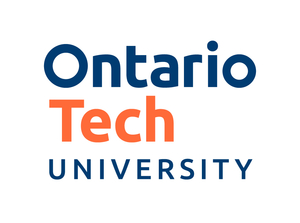Development and analysis of alternative thermochemical cycles for hydrogen production
Abstract
Production of carbon-free fuels as alternatives for fossil fuels is a promising approach for controlling climate change and global warming. Hydrogen is considered as the key energy carrier of the future when it is produced from clean and renewable energy sources (so-called green hydrogen). Non-fossil material sources for green hydrogen production are renewables such as biomass and water. Water splitting is one of promising pathways for hydrogen production when enough energy is provided for the process from a clean energy source. More than 200 thermochemical cycles are named and proposed for hydrogen production. Some of them including chlorine family of cycles and sulfur family cycles are investigated in the last decade while some are recommended for further investigation by Argonne national laboratory (ANL) and other research institutes. In this PhD study, three of the potential cycles including iron-chlorine (Fe-Cl), vanadium-chlorine (V-Cl), and hybrid sulfur (HyS) cycles are thermodynamically assessed, and their energy and exergy efficiencies are obtained and compared. Also, an integrated system for hydrogen and power production running by biomass energy is proposed, analyzed and optimized to obtain the optimum operating condition. The novel biomass gasification based integrated system for hydrogen and power production is comprised of a V-Cl thermochemical cycle, a biomass gasification unit and a Brayton cycle for hydrogen and power generation. The proposed system is able to produce a 23.42 kg/h of hydrogen and a total of 885 kW power at the base case condition Furthermore, a Multi-objective optimization study via an evolutionary algorithms is carried out as an intelligent approach for determination of the optimum condition for higher exergy efficiency, lower cost and lower environmental impact of the integrated system. As a result, overall exergy efficiency, total cost and environmental impact are obtained as 60.45%, 6.36 $/GJ, and 14.46 g.CO2/kWh, respectively, where pressure ratio (for Brayton cycle) is 5.87, gasification temperature is 715 °C and biomass mass flow rate is 0.8 kg/s. Also, energy and exergy efficiency of V-Cl cycle in the base case condition are obtained as 42.1% and 74.5%, respectively.

